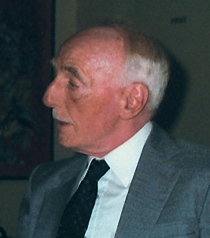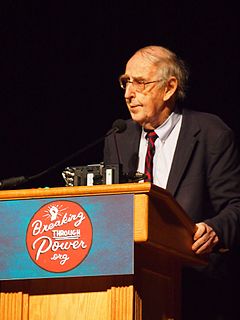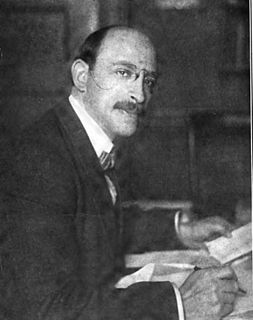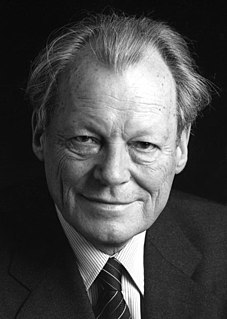A Quote by William Woodruff
It is not love, or morality, or international law that determines the outcome of world affairs, but the changing distribution of organized force
Related Quotes
Science is the search for the truth--it is not a game in which one tries to beat his opponent, to do harm to others. We need to have the spirit of science in international affairs, to make the conduct of international affairs the effort to find the right solution, the just solution of international problems, and not an effort by each nation to get the better of other nations, to do harm to them when it is possible. I believe in morality, in justice, in humanitarianism.
The students I've been with these twenty years are looking for a world where it becomes a little easier to love and a lot harder to hate, where learning nonviolence means that we dedicate our hearts, minds, time, and money to a commitment that the force of love, the force of truth, the force of justice, and the force of organized resistance to corrupt power are seen as sane and the force of fists, guns, armies, and bombs insane.
The idea of self-determination was gradually given credibility by international law, and it lent strong emancipatory support to movements of liberation struggling against a West-centric world order. Latin American countries used international law creatively, both to limit the protection of foreign investment by establishing the primacy of national sovereignty in relation to natural resources, and by building support for the norm on non-intervention in internal affairs.
We're always projecting our moral categories on things. I think that's inevitable. But capitalism places no particular value on morality. Morality in the market is enforced by contract and regulation and law, because morality is understood to be in conflict with the motive force of greed and accumulation.
If the most important revolutionary part of the George W. Bush Doctrine is that states that harbor terrorists are terrorist states, what do we conclude from that? We conclude exactly what Kissinger was kind enough to say: These doctrines are unilateral. They are not intended as doctrines of international law or doctrines of international affairs. They are doctrines that grant the U.S. the right to use force and violence and to harbor terrorists, but not anyone else.
We [with Shindzo Abe] should understand that the results of that terrible tragedy of the 20th century, namely World War II, are enshrined in corresponding international documents, and finding a way to settle all disputes without destroying the entire foundation of international law that evolved as a result of World War II is a highly delicate task. Therefore, I would like to reiterate that we cannot second-guess the course, let alone the outcome of our negotiations.
It is one of the most fatal illusions that, by substituting negotiations between states or organized groups for competition for markets or for raw materials, international friction would be reduced. This would merely put a contest of force in the place of what can only metaphorically be called the "struggle" of competition and would transfer to powerful and armed states, subject to no superior law, the rivalries which between individuals had to be decided without recourse to force.
The New World Order is a world that has a supernational authority to regulate world commerce and industry; an international organization that would control the production and consumption of oil; an international currency that would replace the dollar; a World Development Fund that would make funds available to free and Communist nations alike; and an international police force to enforce the edicts of the New World Order.
































